Former ROC President Ma Ying-jeou's Controversial 10-Day Trip to Mainland China: A Step Towards Cultural Exchange or Political Sensitivity?
Former Taiwanese President Ma Ying-jeou announced plans for a visit to mainland China, sparking a variety of responses from both sides of the Taiwan Strait. The visit, scheduled from April 1st to 11th, involves leading a group of Taiwanese youth to various cultural and historical sites in Guangdong, Shaanxi, and Beijing, including participation in the "2024 Tomb Sweeping Day public memorial ceremony of the Yellow Emperor Huangdi."
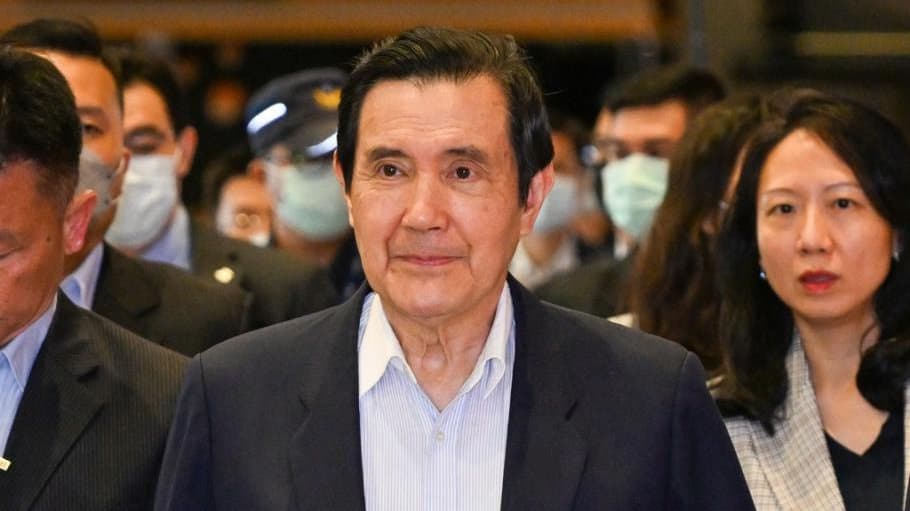
25 March 2024
The State Council Taiwan Affairs Office spokesperson, Chen Binhua, expressed a warm welcome to Ma and his delegation, emphasizing the aim to foster shared cultural heritage and enhance mutual understanding and cooperation across various fields, including youth exchanges. This visit marks another stride towards promoting peace and prosperity for people on both sides, contributing to the rejuvenation of the Chinese nation.
The delegation's itinerary, as outlined, promises enriched cultural exchanges and significant historical engagement. Notably, the trip includes attending the highly revered Qingming public memorial ceremony of the Yellow Emperor, a figure considered the progenitor of Chinese civilization. Ma's office has positioned the visit as a "peace journey," reflecting his dedication to contributing towards easing tensions and preventing conflict amid current adversities.
Ma Ying-jeou's past interactions with the mainland, including a notable pilgrimage last year, have been met with broad attention. His written homage to peace and revitalization during a visit to the Sun Yat-sen Mausoleum testified to his commitment to fostering cross-strait harmony. These actions, including facilitating exchanges between Taiwanese youth and mainland universities, have been seen as pivotal in enhancing positive cross-strait relations and showcasing the vibrancy of Taiwanese youth to the mainland audience.
In response to the announcement, representatives from both the Kuomintang (KMT) and the People's Party endorsed the visit as beneficial, underlining the importance of cultural exchanges and dialogue, especially in times of heightened tensions. Lai Shyh-bao, a KMT legislator, underscored the visit's potential to alleviate hostilities, a sentiment echoed by People's Party legislator Huang Shan-shan, who hailed the venture as a step towards harmony.
However, the visit does not come without its critics. The Democratic Progressive Party (DPP) has been more reticent, with some members expressing skepticism about the timing and implications of Ma's trip, especially in the lead-up to the inauguration of the DPP's Chairperson Lai Ching-te as the President of Taiwan. This visit by a former Taiwanese head of state to the mainland is charged with significant political undertones, casting a spotlight on cross-strait relations at a delicate juncture.
Chinese netizens on platforms like Weibo have largely advocated for the trip, viewing it as a step in the right direction towards fostering peace and understanding. Discussions emphasize the importance of such exchanges in breaking down barriers and nurturing a more comprehensive mutual understanding between the youth of Taiwan and mainland China. The notion that "more contact equals more understanding and deeper friendship" resonates through many reactions, highlighting a widespread hope for a decrease in cross-strait tensions through increased dialogue and cultural sharing.
Critically, the representation of this visit as a non-political, cultural and educational exchange, aimed at young people from both sides, appears to have struck a chord with many. The potential for soft diplomacy through academic and cultural interactions to pave the way for warmer relations is a recurring theme in online discussions. Moreover, the positive portrayal of such initiatives contrasts sharply with narratives that often emphasize political discord, offering a fresh perspective on cross-strait interactions.
In essence, Ma Ying-jeou's upcoming visit to mainland China serves as a focal point for broader dialogues concerning the future of cross-strait relations. Through cultural exchanges and historical engagement, there exists a palpable hope among many observers and participants for the fostering of peace and mutual understanding. As preparations for the visit continue, its outcomes will be keenly observed not only by those directly involved but by the wider community on both sides of the Taiwan Strait, hopeful for progress towards a more harmonious cross-strait relationship.
Share this article
Related Articles
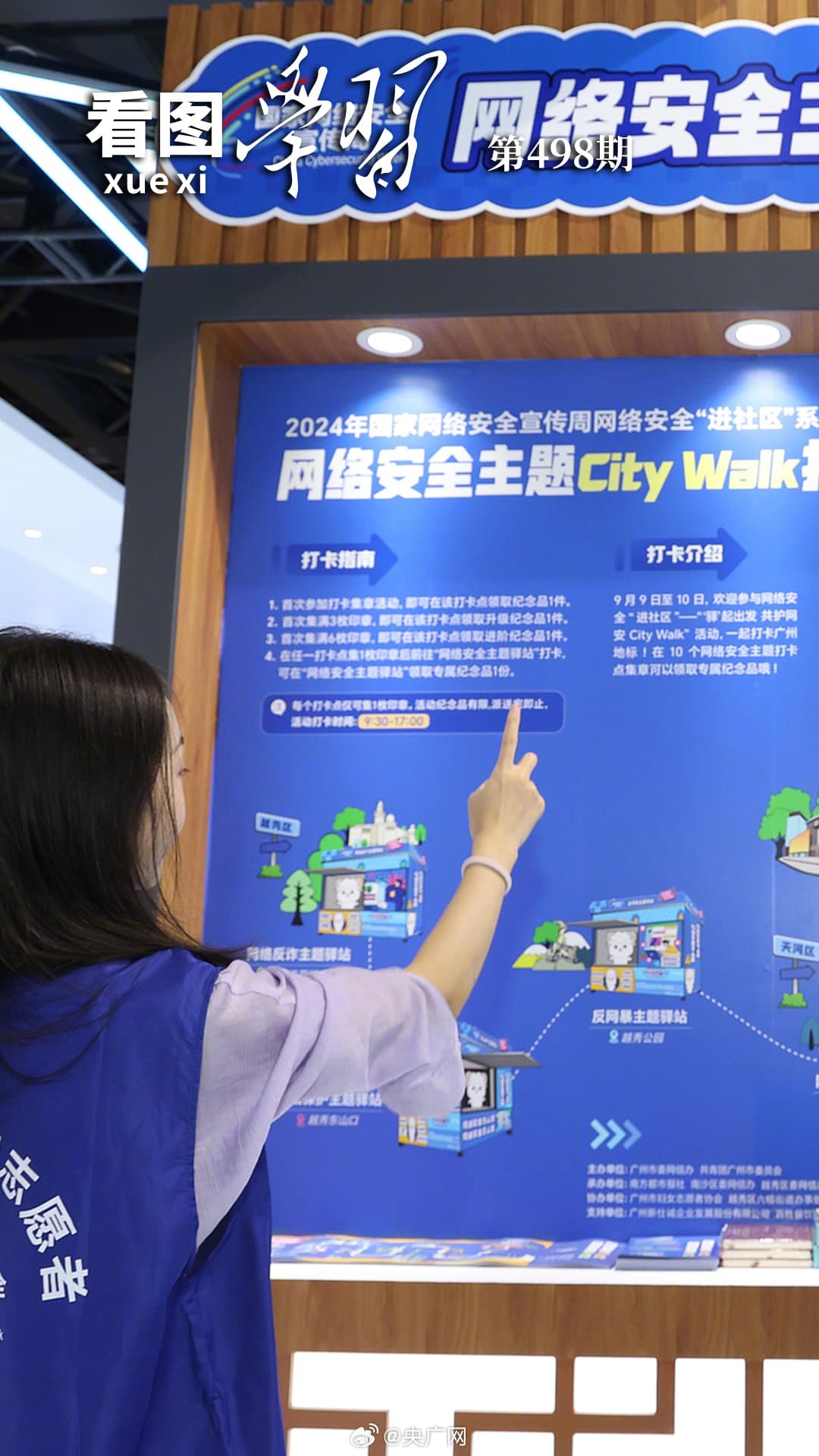
Xi Jinping Elevates Cybersecurity to Core National‑Security Pillar, Driving China’s Quest for a Cyber Superpower
By Trending on Weibo
News & Politics
15 Sept 2025
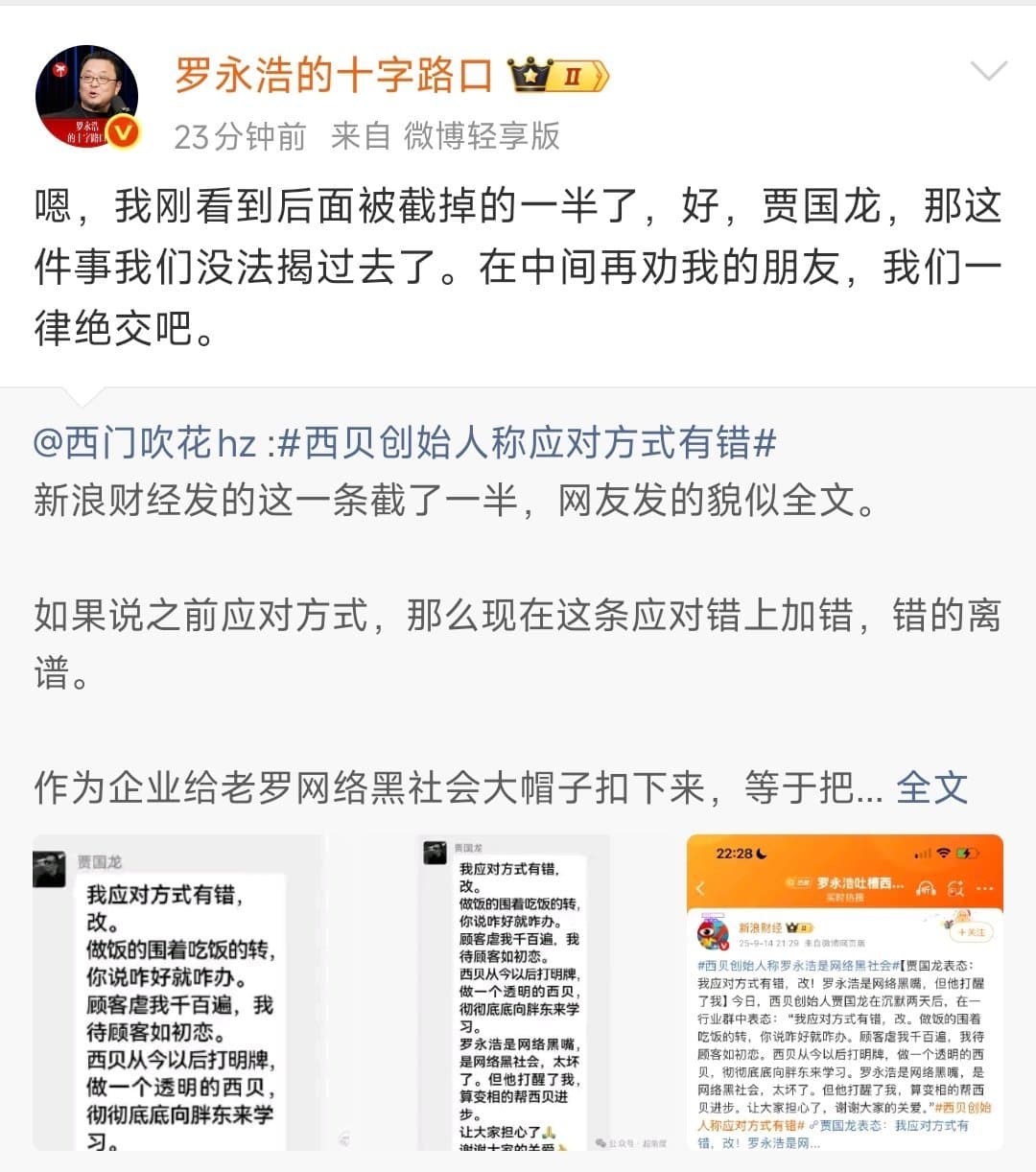
Luo Yonghao vs. Xibei: Celebrity Entrepreneur Sparks Media Storm Over Pre‑Made Dishes and Calls for Transparency
By Trending on Weibo
News & Politics
15 Sept 2025
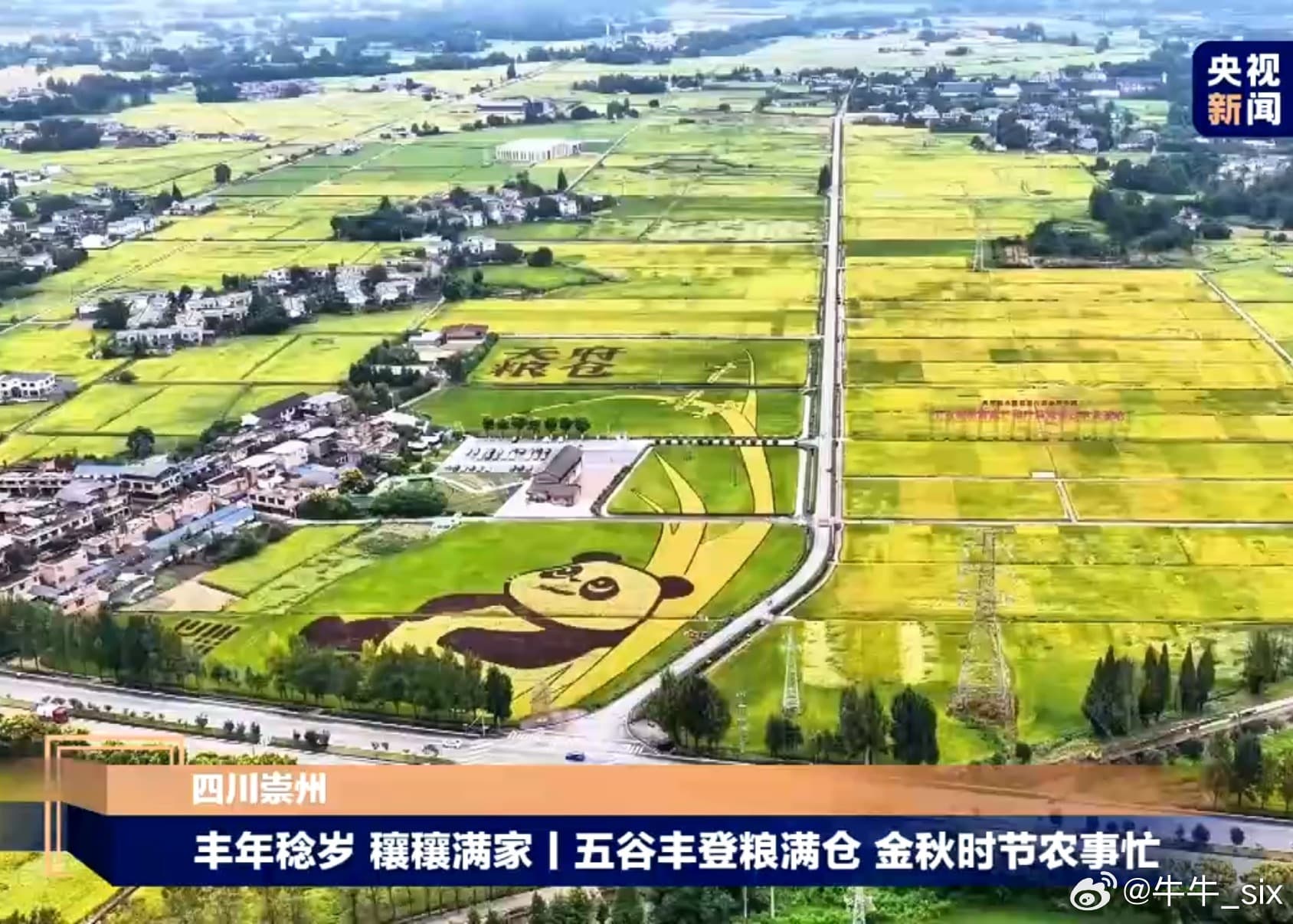
Weibo Celebrates Autumn Harvest as China’s Fields Become the Nation’s Most Beautiful Canvas
By Trending on Weibo
News & Politics
15 Sept 2025
China Enacts First Comprehensive Rental Regulations to Legalize and Stabilize the Rental Market
By Trending on Weibo
News & Politics
15 Sept 2025
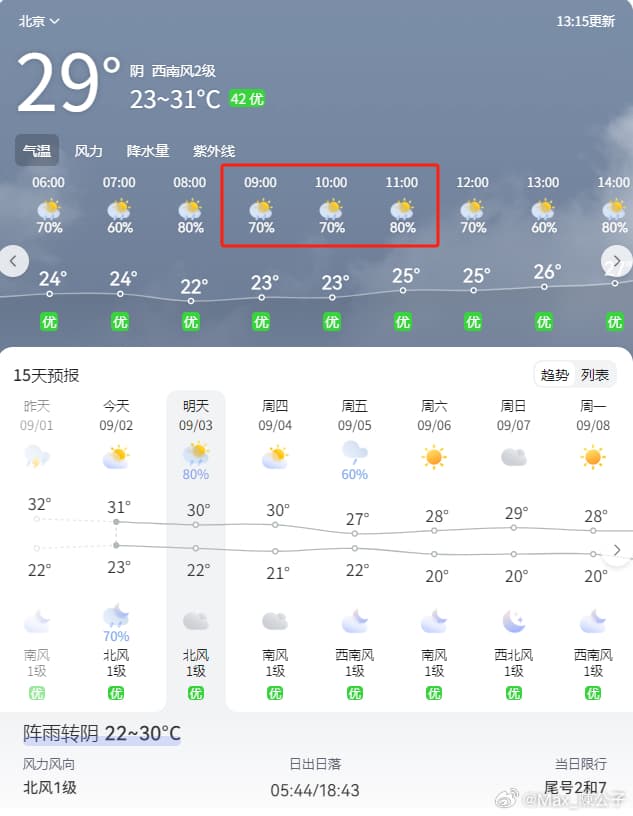
Beijing’s Weather Emerges as a Barometer for China’s Climate Policies and Public Life
By Trending on Weibo
News & Politics
13 Sept 2025